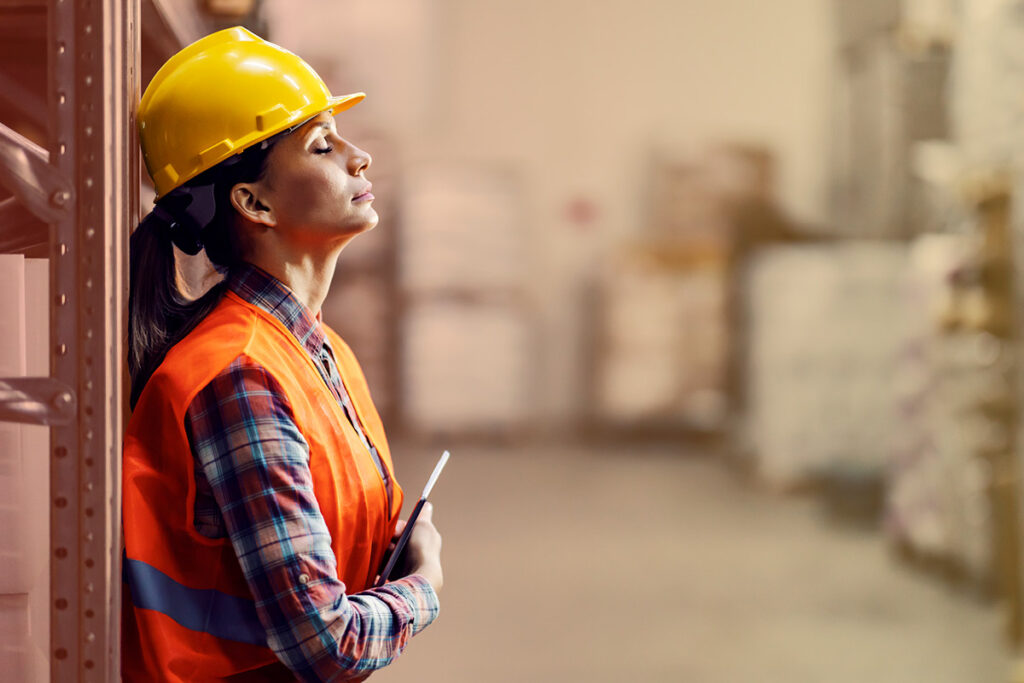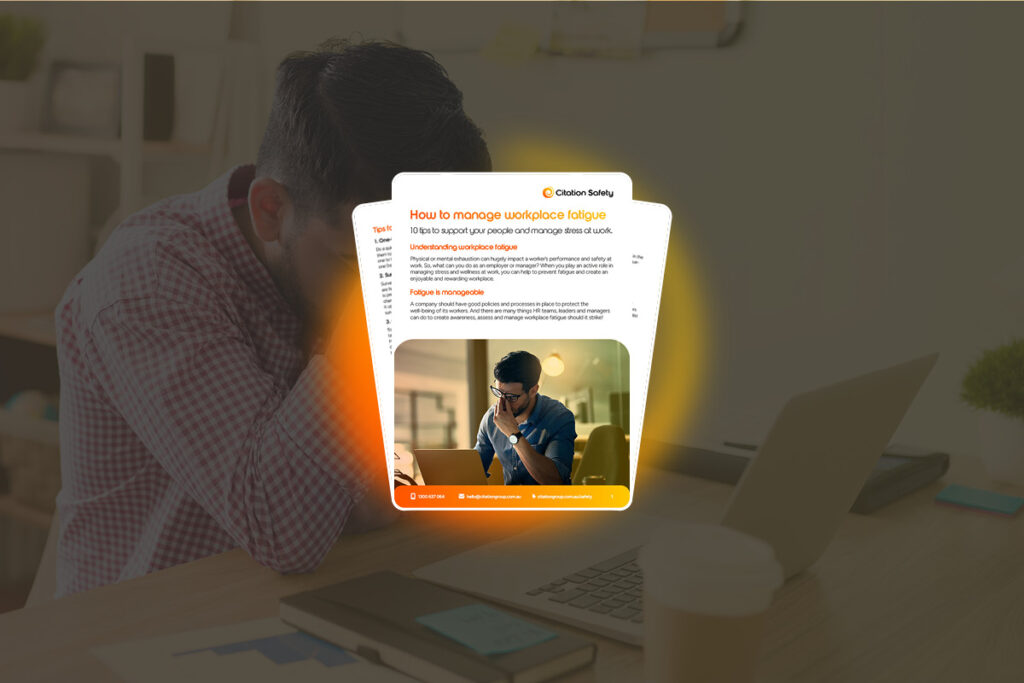6 steps to building a positive safety culture in the workplace

A strong safety culture not only prevents injuries and accidents but also boosts employee morale, enhances productivity, and helps build a positive reputation with clients and stakeholders.
WHS training is critical. Here’s how to implement it

Providing effective workplace safety training is essential for every employee, regardless of their role or experience level.
Prepared, not panicked: your guide to workplace emergency safety response plans

Whether it’s a fire, medical emergency, natural disaster, or other incidents, having a well-structured workplace emergency response plan is crucial.
Technology is transforming WHS practices. Here’s how.

From cutting-edge software to wearable devices, technology is enabling workplaces to predict, prevent, and respond to hazards like never before.
Managing staff with health and disability conditions

Do you have at least five people in your workforce? There’s a good chance at least one of these people lives with a disability. Whether it’s a permanent or temporary, …
Queensland workplace sexual harassment laws have changed

The Queensland Government has taken a landmark step towards tackling workplace sexual harassment.
Understanding psychosocial safety in the workplace

The concept of psychosocial health isn’t new, but its recognition within workplace injury legislation has only recently gained substantial momentum.
How to manage workplace fatigue

Workplace fatigue isn’t just about being tired – it’s a serious issue that affects performance, safety, and well-being. As a business owner, it’s up to you to foster a workplace …
Citation Safety launches Psychosocial Hazard Management service

Our tailored approach ensures businesses meet compliance requirements and implement best-practice processes to avoid work-related injuries and illnesses.
Stress leave: breaking down this leave entitlement

Has an employee handed you a medical certificate giving them time off work due to stress? Are the signs of burnout in your workplace increasing?




